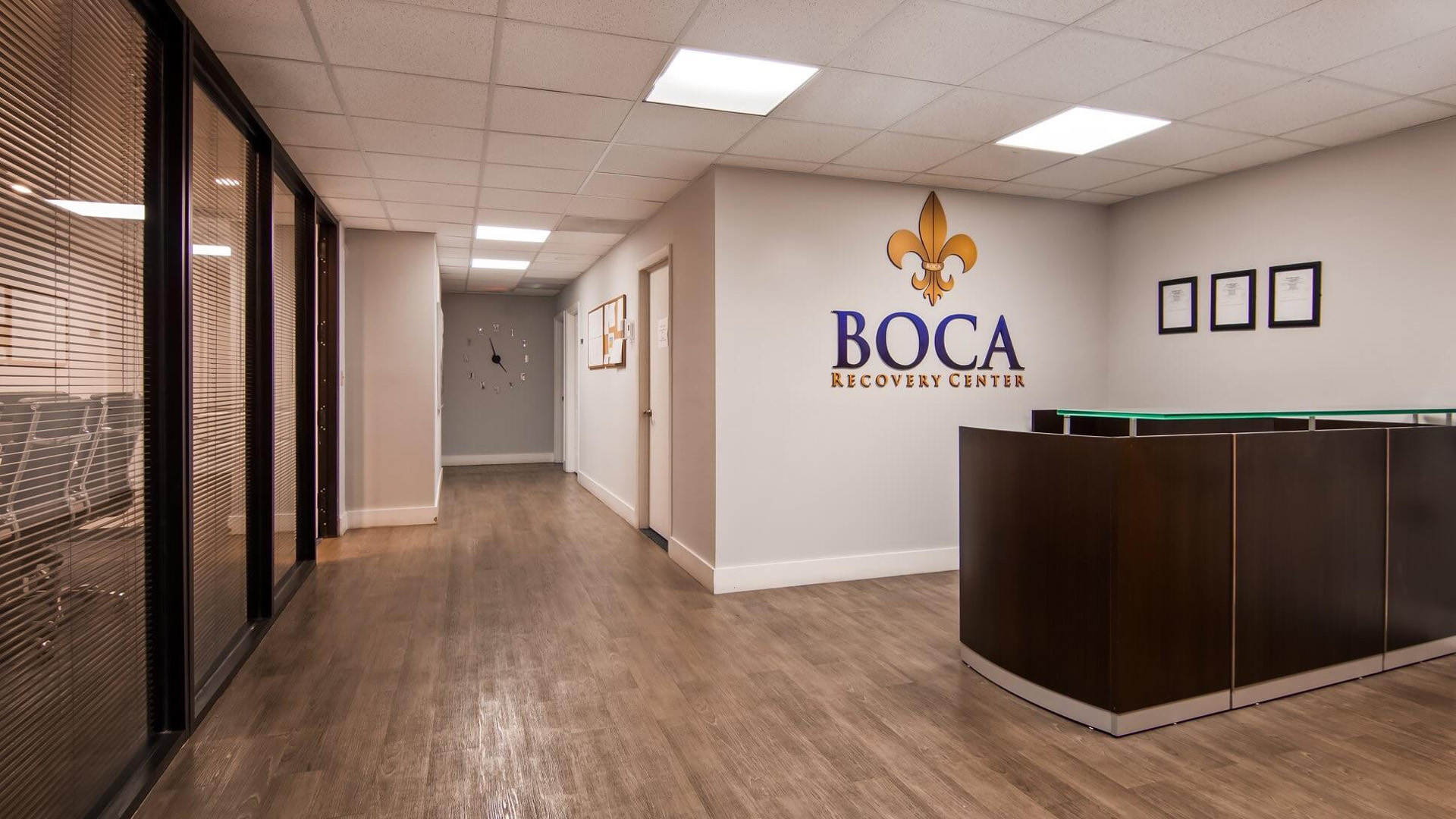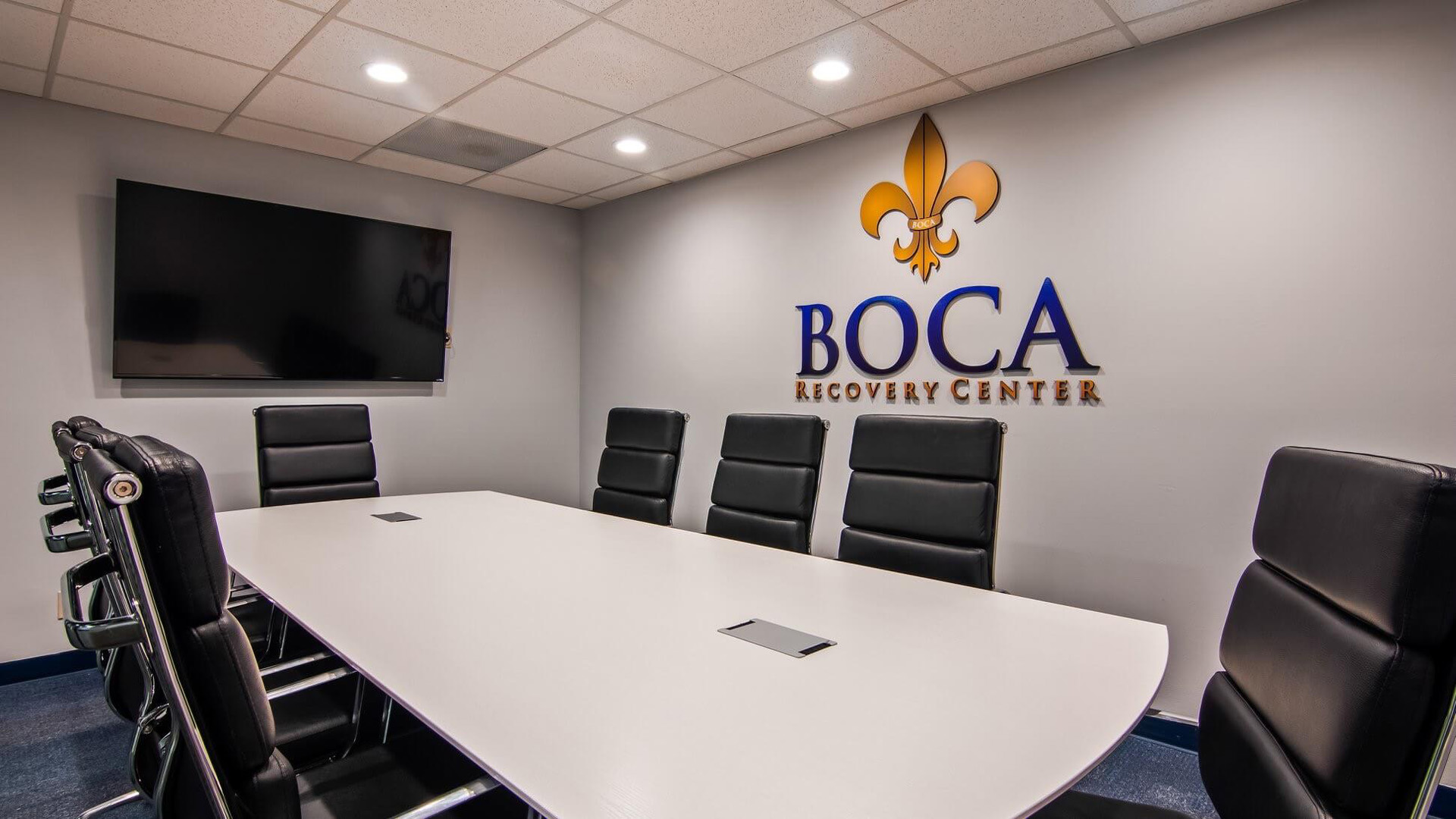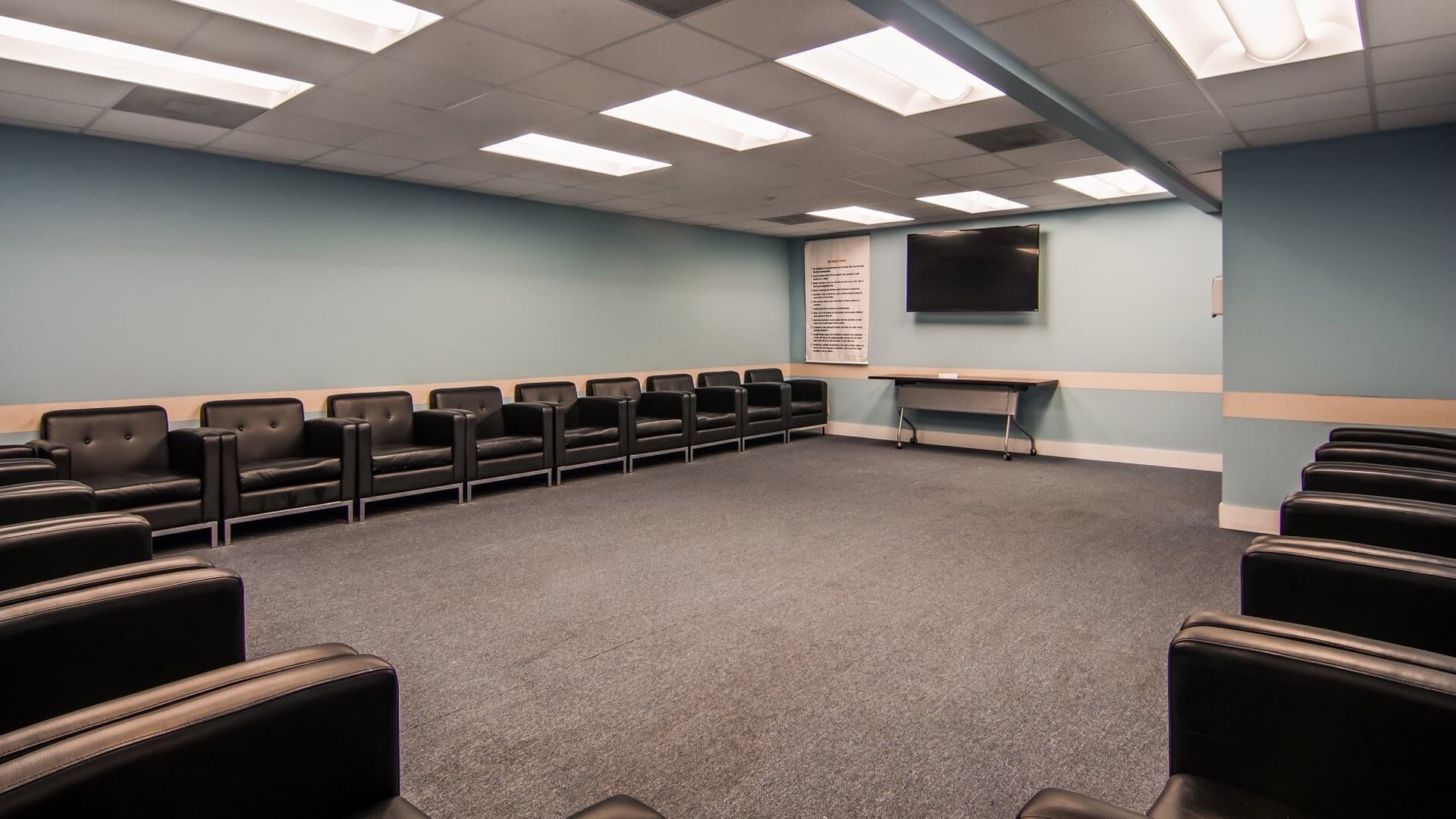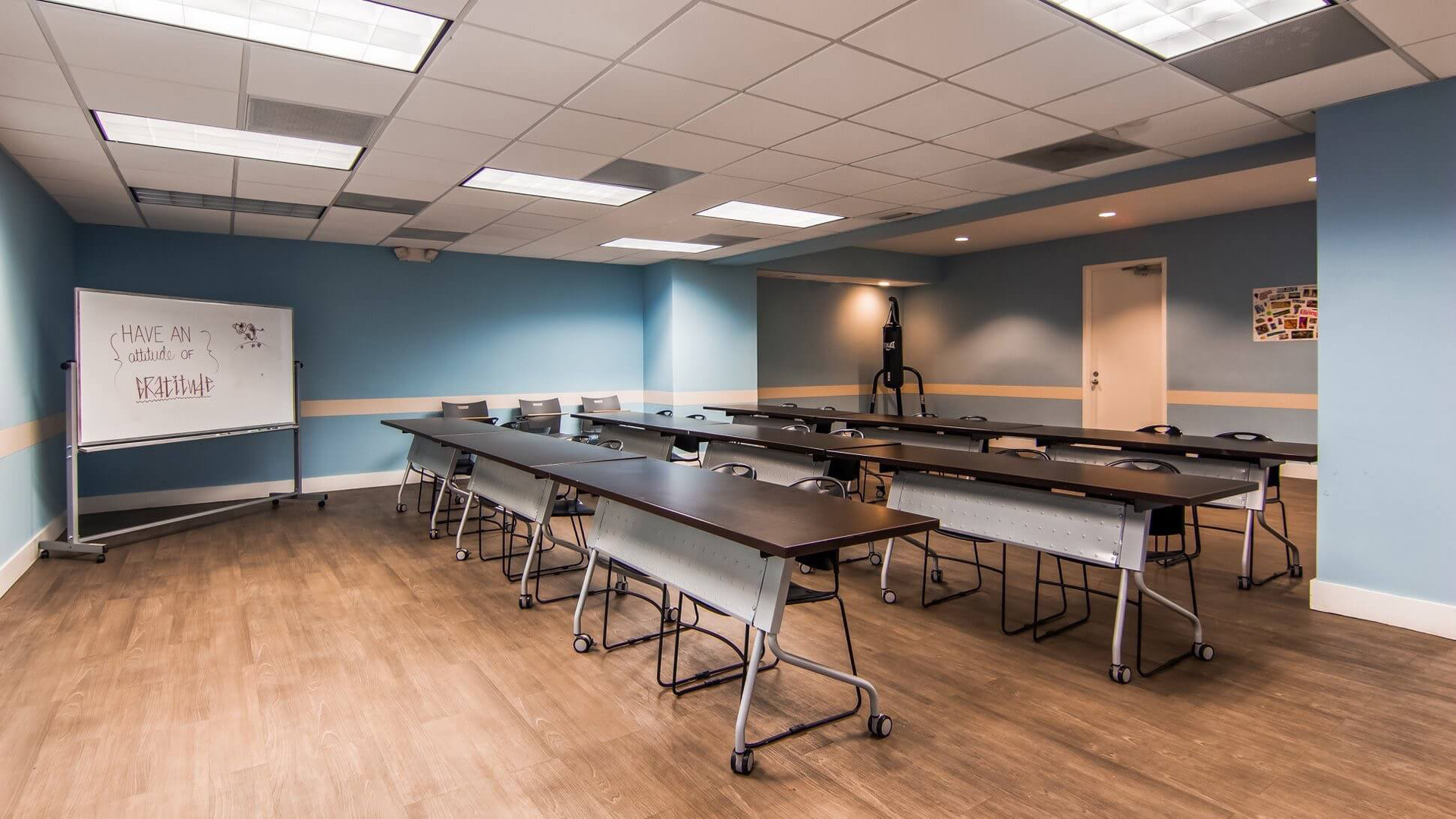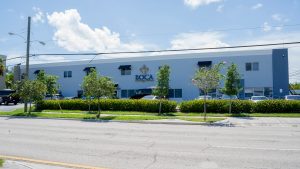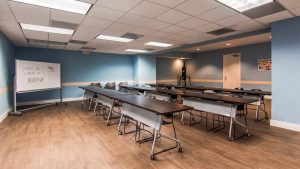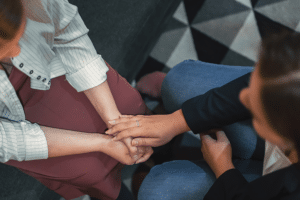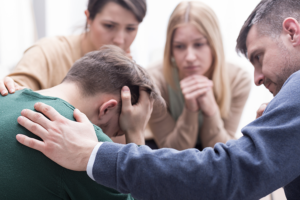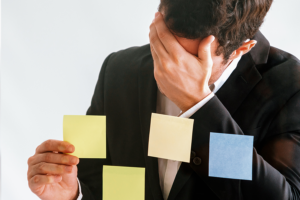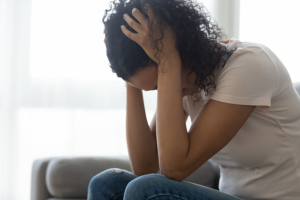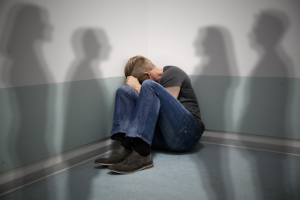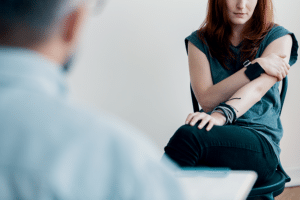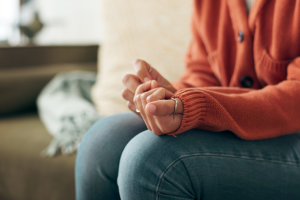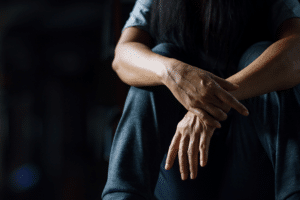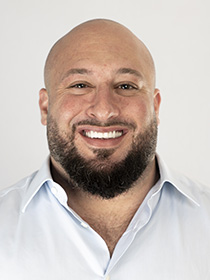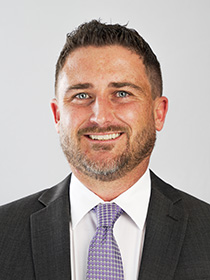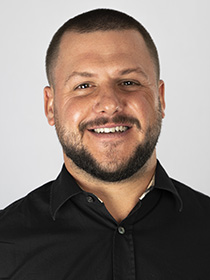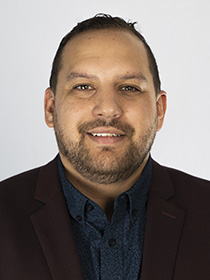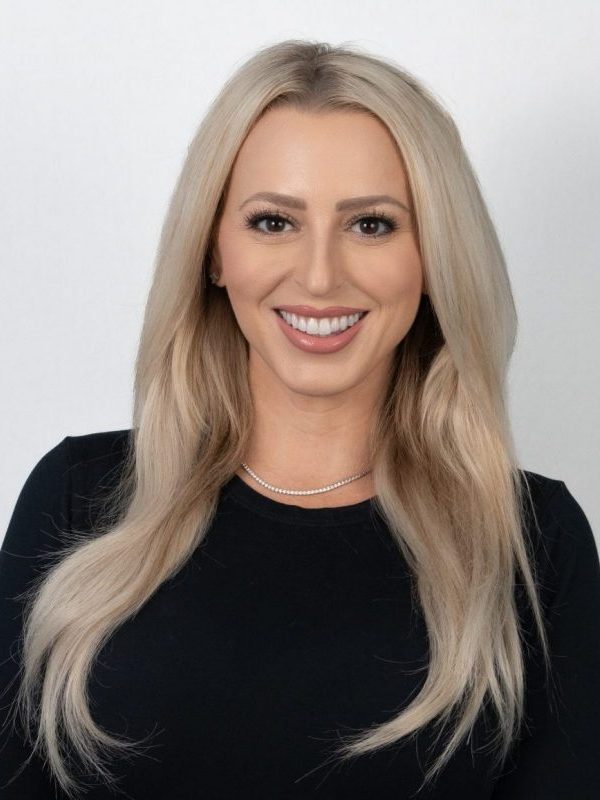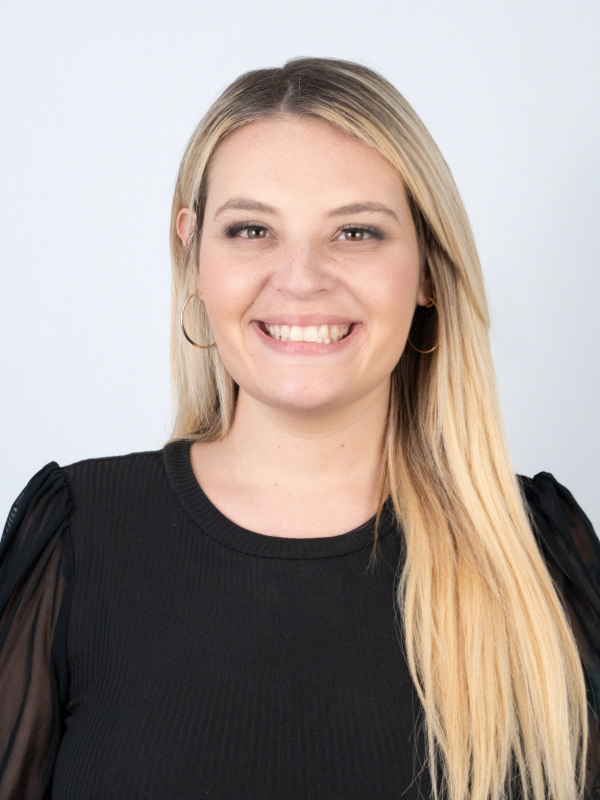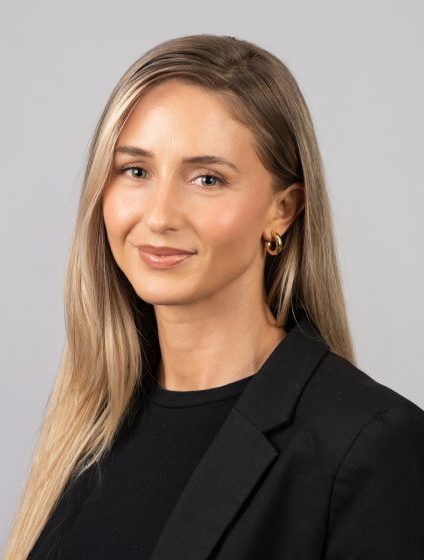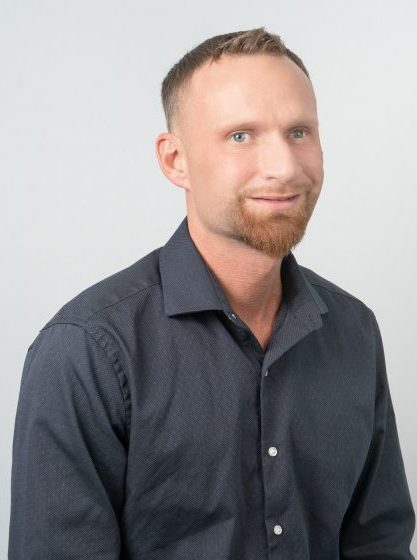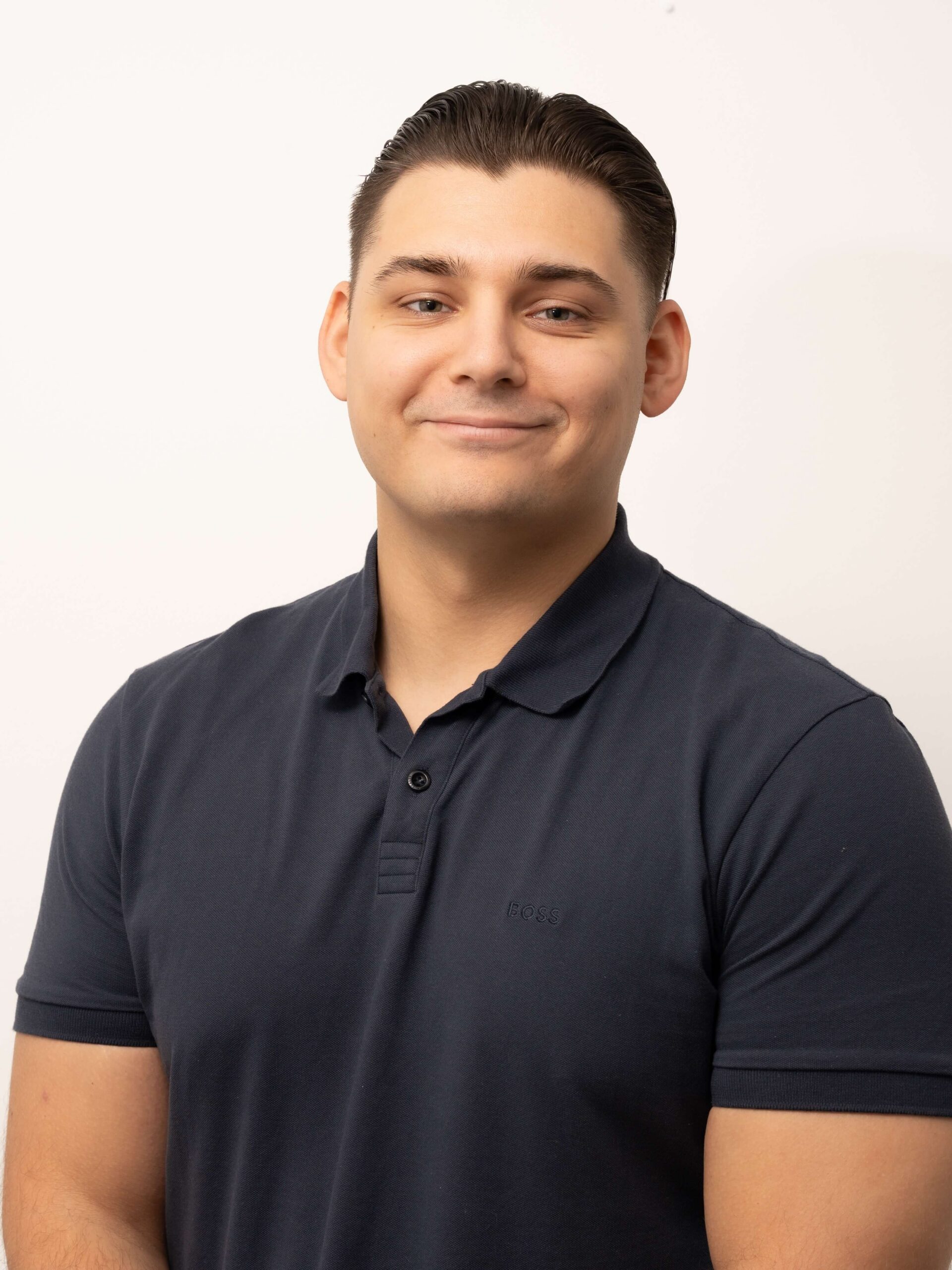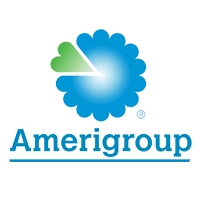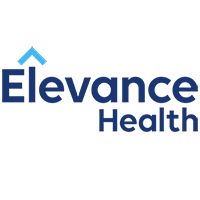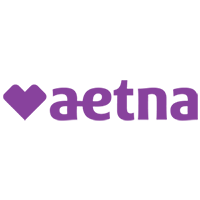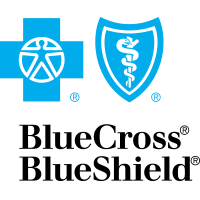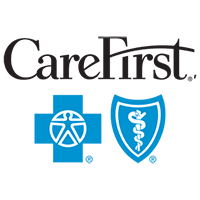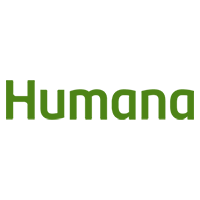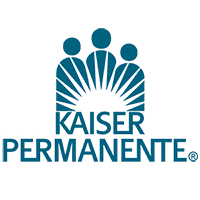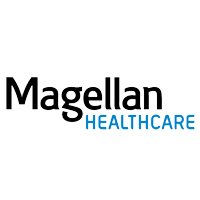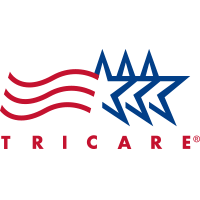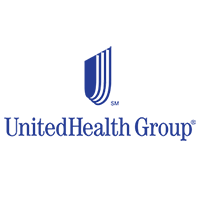At Boca Recovery Center in Boca Raton, Florida which serves as our corporate office, we specialize in providing upscale, high-quality treatment for substance abuse and co-occurring disorders. We offer evidence-based therapies delivered by top-level medical and clinical staff in a luxurious, comfortable and supportive environment. Our staff members are professionals and experts in the fields of alcohol addiction, opioid and other drug addictions, and co-occurring disorders like depression, anxiety, post-traumatic stress disorder (PTSD) and eating disorders.
Many of our staff members have had personal experience navigating their own recovery journeys. This means they can meet you where you are with understanding, empathy, and insight and guide you with knowledge based on learned experience and professional expertise. You will always be treated with dignity, respect and positive regard.
Some of the drug addictions we treat include:
- Alcohol
- Cocaine
- Heroin
- Fentanyl
- Methamphetamines
- Other opioid and prescription drugs
Mental Health & Dual Diagnosis
Often, additional mental health issues like anxiety and depression can co-occur with substance abuse. Such dual-diagnosis conditions should be treated simultaneously to ensure complete and long-lasting recovery. Addressing both helps eliminate the symptoms that feed into and exacerbate each condition.
Our staff customizes each client’s addiction treatment program to include treatment for co-occurring conditions that are commonly seen with substance abuse.
Recovery in South Florida
With its world-class beaches, year-round warm, sunny weather and tropical palm trees, Boca Recovery Center offers these services at our facilities, which are separate from the corporate office. This ensures clients have the ideal environment for healing. After you have completed medical detox and no longer require 24-hour supervision and monitoring, you will move into an apartment-style residence.
There, you will enjoy private rooms with high-end, comfortable furnishings and a television. A full gym, a basketball court, a barbeque area and a game room will also be at your disposal. You’ll have the option to enjoy meals prepared by our private chefs, allowing you to enjoy dining and socializing with other while eating.
Six days out of the week, you will be involved in therapy sessions. These sessions may include a combination of individual, group and family counseling with customized programming that may involve 12-step peer group meetings, issue-focused groups or faith-based groups. In individual sessions, you can discreetly address personal issues. In group sessions, you will learn from your peers and create a support network.
Family sessions can help you develop tools to improve communication and facilitate comfortable interactions with your loved ones. You may also want to engage in holistic therapies like yoga or meditation. Since our programs are completely personalized and customized, you get to choose the elements that go into your individualized treatment plan.
By entering rehab treatment, you can take the first step toward a healthier, happier, and more productive life. Why not start your healing journey at Boca Recovery Center in South Florida?
A caring, knowledgeable staff member will answer all your questions and they can even verify your insurance benefits. You deserve a life of peace, joy, and fulfillment. Begin today to build that life by freeing yourself from addiction. Call now to take that first step.


